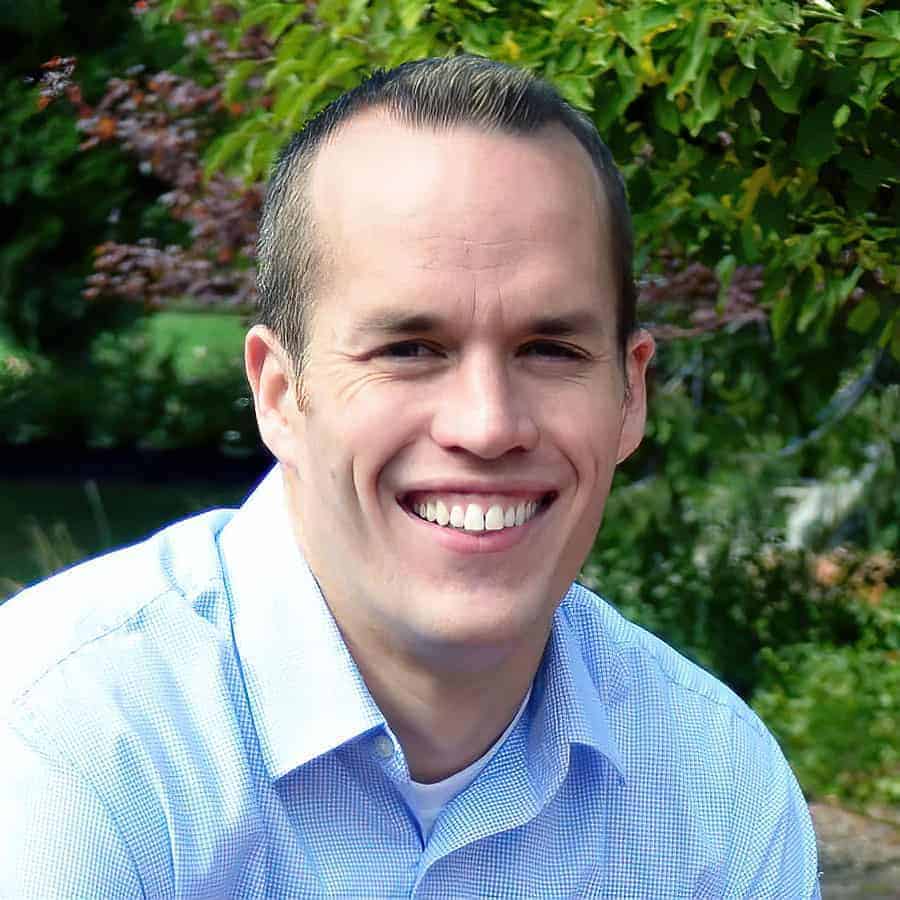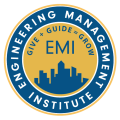“The art of communication is the language of leadership” ~ James Humes
Are you an effective communicator?
Pause a moment before you answer that.
If your instinct is to say “yes,” let me ask another question: Do those you work with believe you are an effective communicator?
It might be worth asking them! If they are honest with you, even if you are doing well they will share opportunities for you to improve your communication approach.
In many ways, effective communication is a HUGE key to your personal and professional success. So let me share three keys to effective communication that can help you in your career!
1. Simplify Communication
“Make everything as simple as possible, but not simpler.” ~ Albert Einstein
Engineers work on remarkably complex products, processes, and systems. Many go deep into learning and applying specialized technical knowledge. They need to learn new programming languages, understand complicated technical details, and put it together into something that is great for end users.
But here’s the lesson: Outside of your technical team, drop the technical talk.
Simplify your communication.
Often you need to communicate and (don’t cringe) even “sell” ideas and initiatives. You need to explain why what you do is important and connect it to the needs of the team, department, and organization as a whole.
You will need to get buy-in from other teams that you need resources or assistance from.
No one will care to help if they don’t understand what you are doing, and they won’t understand if you don’t simplify what you are sharing with them.
Use analogies, metaphors, stories, physical demonstrations, simplified diagrams, or prototypes — whatever you need to do to help contextualize what you share with those you are sharing with.
It may sound cliche, but speak (especially when you are talking to non-technical personnel) like you are explaining something to a fifth grader.
You and they will get much further together if your communications stay simple. It may be hard to do, but it’s worth it, I promise.
2. Ask Great Questions
“Without a good question, a good answer has no place to go.” ~ Clayton Christensen
Let’s take a step back and remember that effective communication isn’t just one-way. Effective communication is about understanding and being understood.
That means you need to do more than just explain things yourself. You also need to ask great questions to understand others you are working with.
One of my mentors would say frequently, “Ask a better question, get a better answer.” I love that.
You’ll ask different types of questions in different situations.
Sometimes you need a definitive answer and need to ask a yes/no question. Those have their place.
But often the most powerful conversations are catalyzed by open-ended questions. Questions that don’t have a correct answer, but cause people to pause, think, consider, and process through their answers.
Once you get an answer, you can often go deeper with them. Ask why. Ask clarifying questions. Ask to learn more about what they are sharing with you and how that connects to other things. Repeat back and summarize to make sure you understand.
Oh, and by the way — when you ask great questions and learn more about what others care about, what you share can be more simple, direct, and helpful because you can make more connections with what you need to share and what they need! Awesome, right?
3. Listen – Really Listen
“When people talk, listen completely. Most people never listen.” ~ Ernest Hemingway
Listening is hard for me. Maybe it’s hard for you too.
A few years ago, I had what is called a 360-degree review done at work. I got anonymous feedback on my performance, approach to teamwork/leadership, and strengths/weaknesses. This feedback came from people I managed, peers I worked with, and my own managers.
The glaring theme from multiple sources was clear — I didn’t listen well. I cut people off. I drove forward with my own ideas rather than listening and actually considering what others had to say.
To hear that hurt, but it was a turning point for me. At work and at home (my wife confirmed that these things happened in our family as well, ugh…).
There is power in listening.
You have two ears and one mouth for a reason.
When people are talking to you, close off other distractions, look them in the eye, and be with them.
There is a lot of talk about “active listening” — this is great.
But Dr. Stephen R. Covey talked about “empathetic listening,” which is even better. This is about not only listening with your ears to what people are saying, but also listening with your eyes (body language) and heart (feelings you have and they might be having). When you can do this, you can see if you can tune in to a deeper connection with them, and thus accelerate the level of communication you have with each other.
When people talk to you, really listen to them. It’s amazing what can happen when you do.
Take Ambitious Action – Communication Activity
OK, it’s time to practice your communication skills! We’ll focus on empathetic listening. Here is an activity you can do:
- Get together with one other person.
- Have them describe a recent experience or answer a question, such as:
- Can you tell me about a time you were really scared, surprised, or happy?
- Can you share an achievement you are proud of?
- Tell me about a formative experience growing up.
- They will share with you for three to five minutes.
- Your job is just to listen. No interruptions or questions during that time.
- Make eye contact, and try to understand the underlying emotions they have as they share.
- After they have shared with you, you get two to three minutes to reflect and share back what you heard and felt. You can use phrases like:
- “It sounded like you felt (insert emotion) when (event happened). Is that right?”
- Acknowledge the feeling surrounding what they shared. No need to analyze it further, just recognize the feelings you picked up on.
- Switch sides and repeat.
- When done, debrief together. What did you learn together? What was hard? How will you try and listen differently now?
This probably sounds awkward and uncomfortable. Good — do it anyway. It can be a transformational and relationship-enhancing experience.
Accelerate Your Career
I have put together some amazing free tools for engineers like you looking to level-up their careers.
You can find many of them at https://www.morethaneng.com/resources!
Improve leadership, get career clarity, find and nourish mentoring relationships, and more!
Never stop taking action to improve yourself!
About Jeff Perry, MBA

You can connect with Jeff on LinkedIn at https://www.linkedin.com/in/jeffcperry/ or visit his website, https://morethan-engineering.com. Jeff also has a new, FREE, on-demand training course for engineers who are job searching or in job transitions. You can see it at https://engineeringcareeraccelerator.com.
New To Technical Leadership?
The transition from individual contributor to technical leader is a difficult one. Jeff put together a FREE, 90-day guide for those moving through this transition to help them be as successful as possible. You can get it here: https://morethan-engineering.com/career-clarity
Please leave your comments, feedback or questions in the section below on effective communication for successful engineers.








